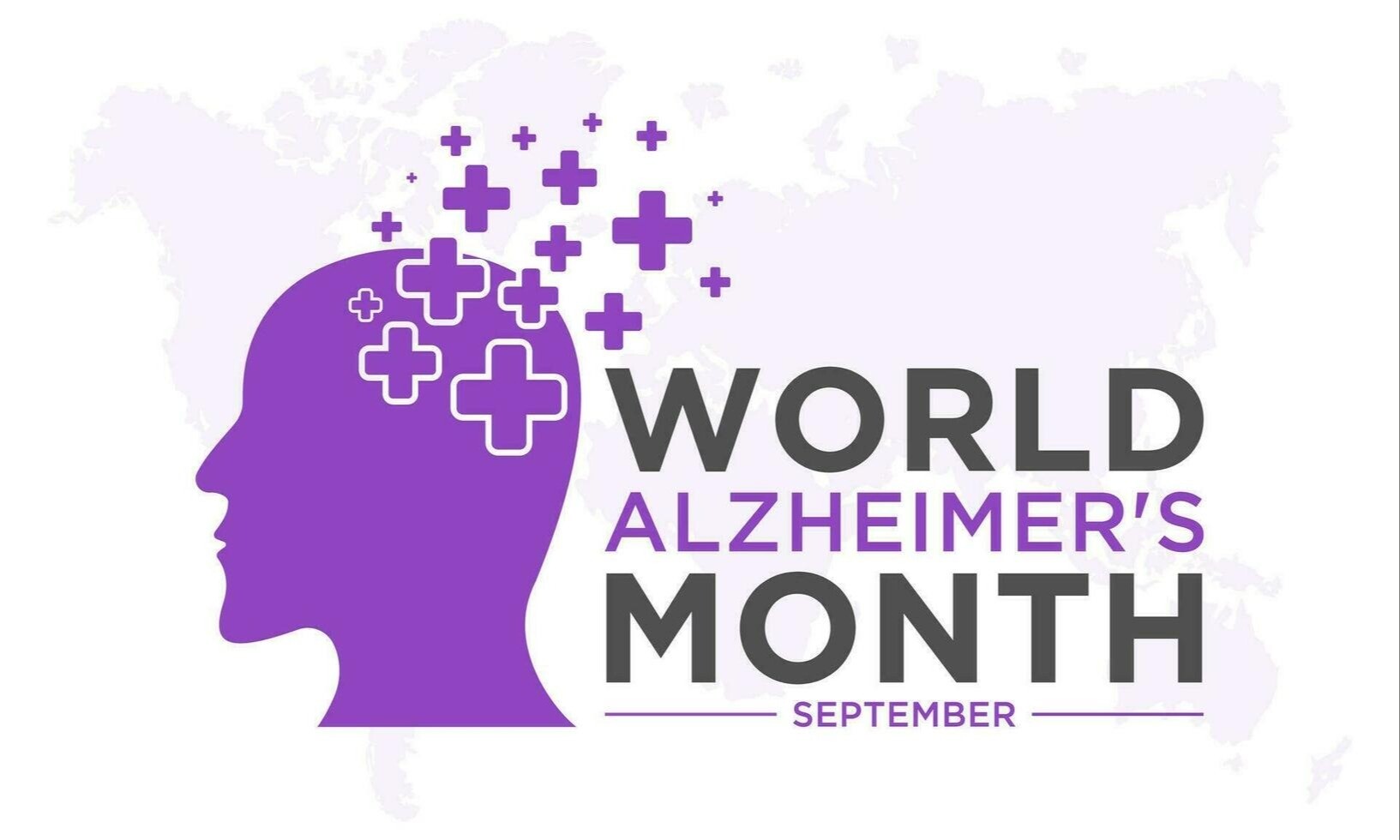
- 9 Sep 2025
- Law Blog
- Wills, Trusts & Probate
Data published by the NHS in August 2025 reveals a new high record number of people diagnosed with dementia in the UK. 506,549 people have been formally diagnosed which is a significant rise from 490,163 reported the same time last year.
September is World Alzheimer's Month, a global campaign led by Alzheimer’s Disease International (ADI) to raise awareness, challenge stigma and support those affected by dementia.
What is Alzheimer's Disease?
Alzheimer’s disease is the most common form of dementia, a general term for a decline in cognitive function severe enough to interfere with daily life. It affects memory, thinking skills, and the ability to carry out simple tasks. Alzheimer's is a progressive neurological disorder, meaning it worsens over time, eventually leading to the inability to communicate, recognise loved ones, or live independently.
Currently, there is no cure for Alzheimer’s disease, but treatments and support systems can help manage symptoms and improve quality of life.
Why World Alzheimer’s Month Matters
The goals of World Alzheimer’s Month:
- Raising Awareness - dementia is often misunderstood. Many still believe it is a normal part of aging, when in fact, it is a disease of the brain. Educating the public is key to early diagnosis and treatment.
- Reducing Stigma - individuals with dementia often face isolation and discrimination. By talking openly about the disease, we create a more inclusive and supportive environment.
- Supporting Caregivers - millions of families and friends provide care for loved ones with Alzheimer’s, often at great emotional and financial cost. World Alzheimer’s Month recognises their efforts and highlights the need for resources and support.
- Encouraging Policy Change - advocacy efforts during this month push governments to prioritize dementia in their health agendas, fund research, and implement national dementia strategies.
What Can You Do?
When someone is diagnosed with dementia—whether it’s Alzheimer’s disease, vascular dementia, or another type—it marks the beginning of a life-changing journey for both the individual and their loved ones. While emotions may run high during the early stages of diagnosis, one of the most important steps you can take is getting legal affairs in order.
Handling legal matters early ensures that the person living with dementia has a say in their future while they are still able to make informed decisions. It also reduces stress and uncertainty for family members later on.
What Documents Should You Consider?
Here are the legal documents to consider when planning for your future:
- Lasting Powers of Attorney for Property and Financial Affairs – enables your chosen attorney(s) to handle financial matters such as paying bills, managing bank accounts, or selling property.
- Lasting Powers of Attorney for Health and Welfare Matters – enables your chosen attorney(s) to make medical and health care decisions if the individual is unable to do so.
- Living Will / Advance Directive - this document outlines the person's preferences regarding medical treatment in situations where they may not be able to communicate their wishes (e.g., life support, resuscitation, artificial nutrition). It helps guide doctors and loved ones during medical emergencies or end-of-life care.
- Last Will and Testament - a Will details how a person's assets will be distributed after death. If a valid Will is not in place, the intestacy rules as set out in the Inheritance and Trustees Act will determine how assets are distributed, which may not reflect the person's wishes.
It is important to prepare for and protect your future. Sills & Betteridge have approachable teams of lawyers across our offices including accredited members of Lifetime Lawyers who specialise in assisting those who are elderly or vulnerable.




 Nicola Davison
Nicola Davison